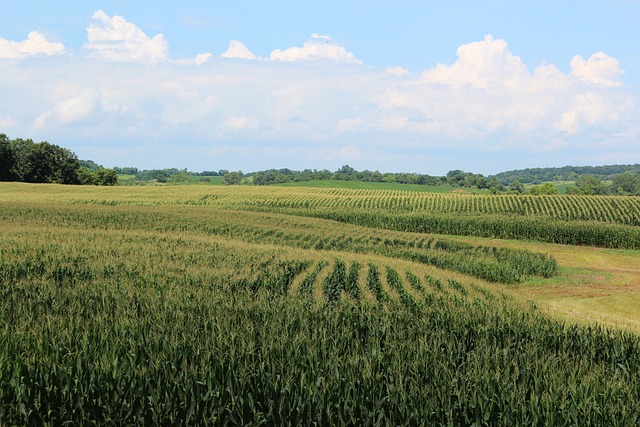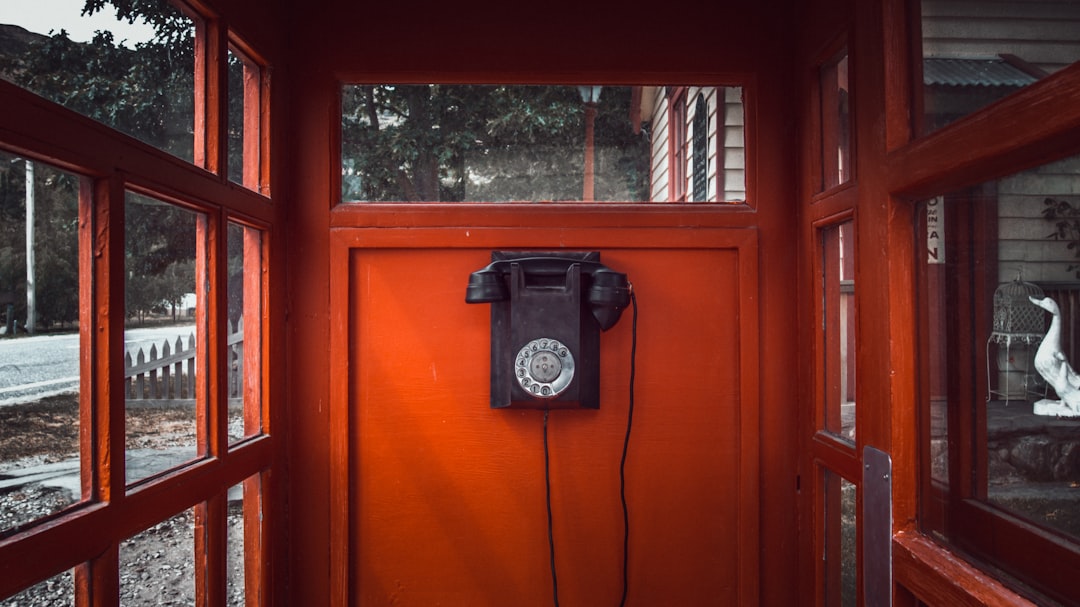West Virginia's anti-spam measures include regulations limiting automated calls, requiring caller ID, and providing residents with tools like do-not-call lists. Building alliances between local businesses is key through shared strategies like do-not-call policies, call screening, and awareness campaigns. Educate about spam tactics, use anti-spam software, encourage business participation, collaborate with networks for reporting, and update privacy policies to significantly reduce spam calls in West Virginia ("How to Stop Spam Calls West Virginia").
In West Virginia, spam calls pose a significant challenge, but collaboration between residents and local businesses can make a substantial difference. This article guides you through understanding the impact and regulations surrounding spam calls in the state, emphasizing the power of collective action. We explore strategies for building alliances with local businesses and implementing effective initiatives to stop unwanted calls together. Learn how to leverage resources and knowledge to create a more peaceful and less disruptive communication environment in West Virginia.
Understanding Spam Calls: Impact and Regulations in West Virginia

Spam calls, a prevalent issue across the nation, have significant impacts on individuals and businesses alike. In West Virginia, as in many places, these unsolicited phone calls can disrupt daily life, waste valuable time, and even pose security risks. They are often associated with telemarketing, scams, or fraudulent activities, leading to widespread frustration and concern among residents. Understanding the nature of spam calls is the first step towards combating them effectively.
Regulations in West Virginia play a crucial role in mitigating this problem. The state has implemented laws to protect consumers from unwanted phone marketing practices. These regulations include restrictions on when and how businesses can make automated or prerecorded calls, as well as requirements for caller identification. By adhering to these guidelines, local businesses can ensure they are not contributing to the spam call problem while also respecting consumer privacy and preferences. Additionally, West Virginia residents have various tools and resources available to them, such as do-not-call lists and blocking apps, which can significantly help in How to Stop Spam Calls West Virginia.
Building Alliances: Connecting with Local Businesses for Collective Action

Building alliances with local businesses is a powerful strategy to combat spam calls in West Virginia and beyond. By joining forces, communities can create a unified front against unwanted telemarketing. This collective action starts with identifying like-minded businesses that share your commitment to customer privacy and a peaceful environment. Organize meetings or virtual gatherings to foster open communication and brainstorm effective solutions.
Together, you can develop strategies such as implementing robust do-not-call policies, sharing best practices for screening and blocking calls, and even launching joint awareness campaigns to educate customers about the impact of spam calls. These collaborative efforts not only strengthen local business relationships but also significantly enhance the overall effectiveness of anti-spam initiatives in West Virginia.
Implementing Effective Strategies: Techniques to Stop Unwanted Calls Together

In West Virginia, combating spam calls requires a collaborative effort between residents and local businesses. Implementing effective strategies involves adopting comprehensive techniques to block unwanted calls. Start by educating yourself about the types of spam call tactics used, such as robocalls and spoofed numbers. Install reputable anti-spam software or apps on your devices that can identify and block these calls.
Encourage local businesses to participate in Spam Call Initiatives by promoting awareness among their staff and customers. Implement robust call screening procedures at businesses, ensuring only authorized calls are received. Collaborate with community networks and telecommunications providers to establish reporting mechanisms for spam calls. Regularly review and update privacy policies and settings to restrict unsolicited calls, enhancing collective efforts to stop spam calls in West Virginia.






